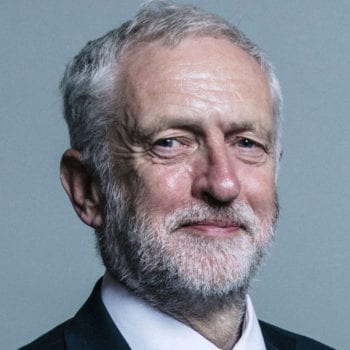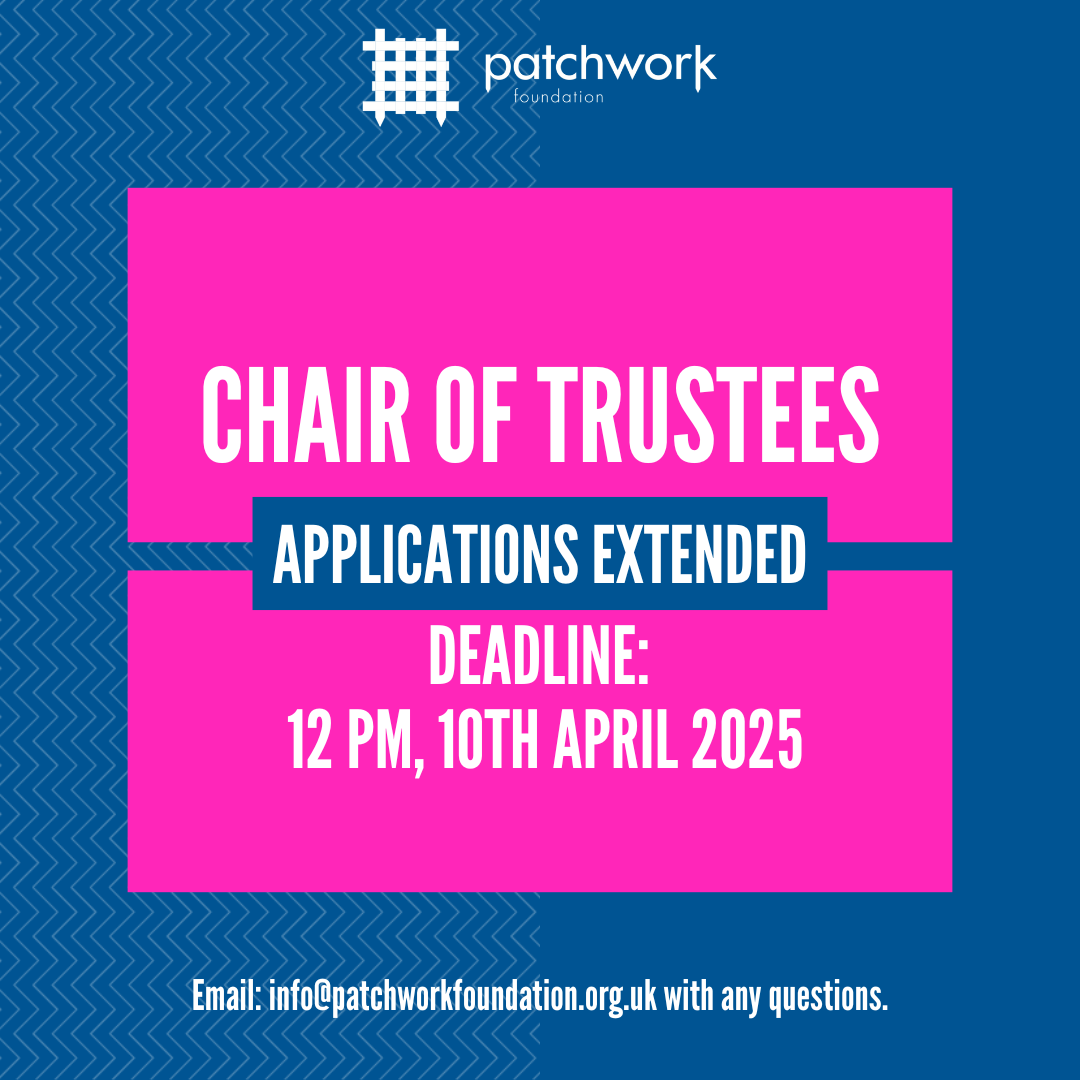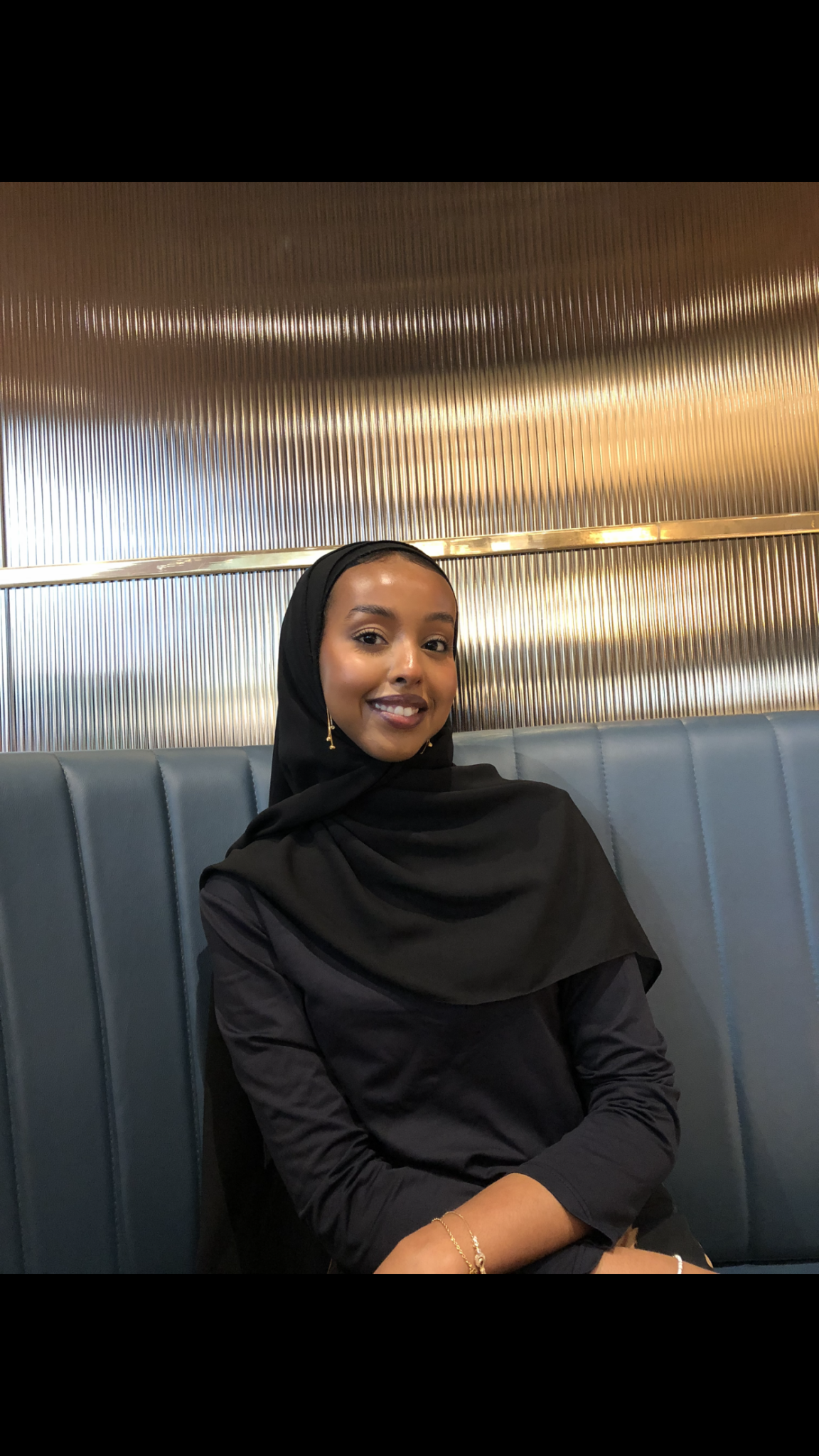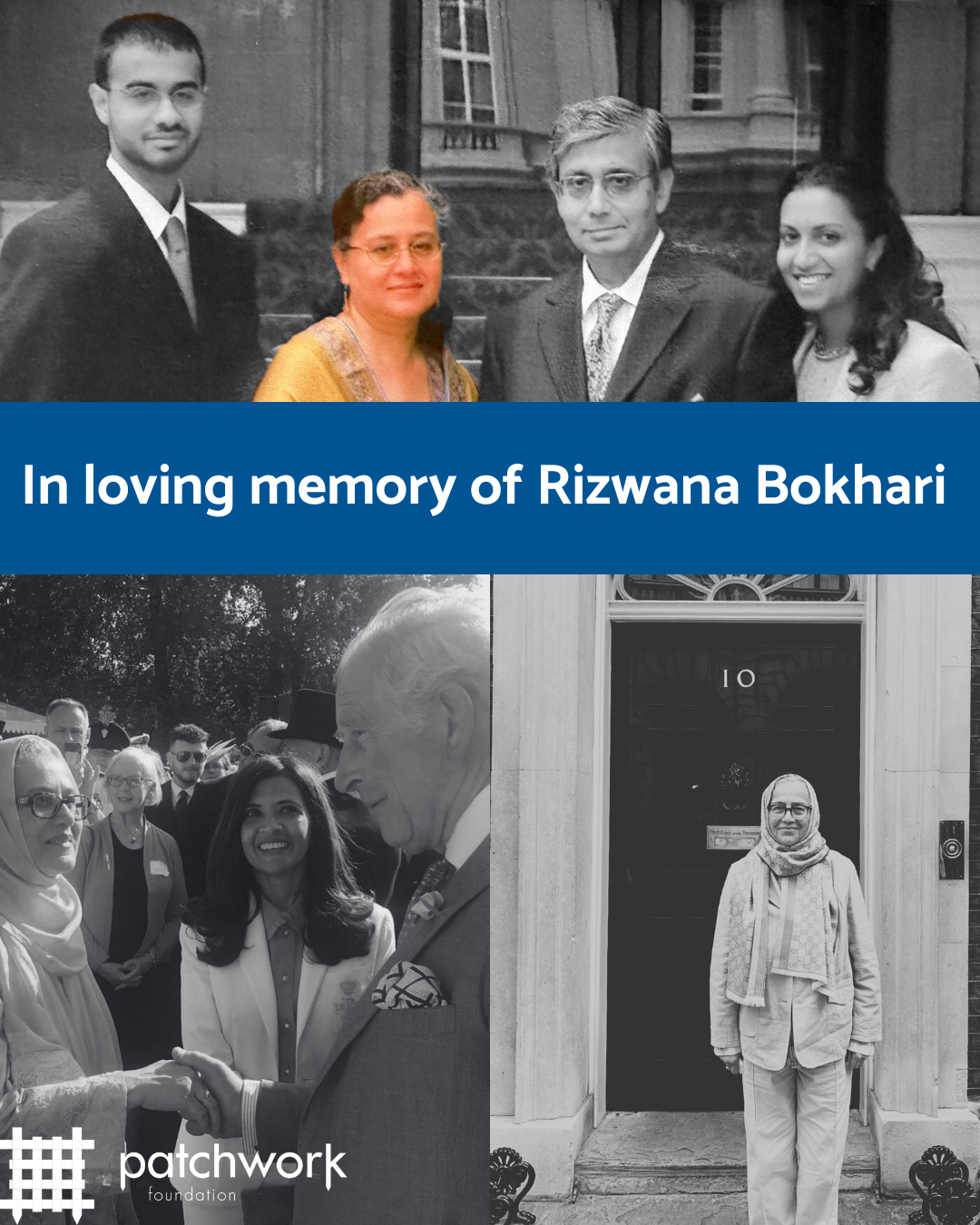”I remember how lively and engaging it was and how passionate a room full of young people were so bought into the idea of democracy changing their own and other lives for the better. Thank you, Patchwork Foundation for all the work you do, it is an honour for me to support you.”
In this article, Masterclass Graduate Walker Darke shares his experience of working as a United Nations (UN) Observer at the UN Climate Change Conference in Glasgow.
I was privileged to work at COP26 thanks to my role as a consultant to the United Nations Economic Commission (UNECE) in Geneva. My work focuses on supporting UNECE’s 56 member states from the United States to Kazakhstan to scale-up sustainable energy and provide policy support to make carbon neutrality a reality. Ahead of COP26, UNECE published a carbon neutrality toolkit to empower nations to go beyond existing targets.
I want to tell you about three key things you might have seen on the news. They are “Blah Blah Blah”, “Where is China?”, and “We have to act now”.
Blah Blah Blah
World leaders arrived on day one to great fanfare, and even some bagpipes. Most stuck to their 3 minute time allotted slots to say their message to the world. They spoke passionately about how their country was doing their bit, will continue to do their bit, and in the future, do a bit more.
I was inspired by many of the speeches. The diversity of voices, languages and uniforms was something to behold. They left and the technical experts from each country took over from there. Meetings break into sub-groups focusing on a range of subjects, including mechanisms, adaptation, and climate finance. Nations form alliances with like-minded countries to amplify their voice, such as the Least Developed Countries (LDCs), the G77 & China and other alliances, and these have daily closed meetings to form their approach for the day. New alliances have formed in the past few days including the Beyond Oil and Gas Alliance (BOGA), led by Denmark and Costa Rica.
As the negotiations intensify, ministers fly in and negotiations gradually go off the record, and become smaller and smaller with no observers allowed. Bilaterals provide far more room for concessions and construct the ‘landing zone’ for final agreed text. Most are left outside scrolling twitter piecing together hearsay. Two weeks sitting in windowless conference rooms is probably not the most productive environment I’ve ever been in. As one delegate put it to me:
“there’s the Blue Zone for the diplomats and the Green Zone for the public fringe events. Outside of the bubble, everywhere is the red zone when it comes to the climate crisis.”
Whether all this blah blah blah translates into something concrete: that is down to the will of national governments in how they implement the objectives.
Where is China?
Every country in the world sent a delegation to COP26 – even the Democratic People’s Republic of Korea. However, many foreign press were critical of President of the People’s Republic of China, Xi Jinping, not attending the Climate summit. This does not mean that China was not active in the summit. China is one of many active delegations and even secured a China-US agreement to boost climate cooperation (albeit a little short on detail).
Nonetheless, the wider criticism of distant, developing countries using fossil fuels is an interesting point. China is one among many to call for the wealthiest countries in financial and capacity terms to go further than others. Many developing nations point to the G20 being accountable for 80% of greenhouse gas emissions. Furthermore, Africa as a continent contributes less than 4% to global emissions. Many in the conference halls advocate for flexible solutions to boost quality of living and sustainable development in the developing world as one rule does not fit all national scenarios.
We have to act now
There’s a lot of talking about action during climate summits. Occasionally, what politicians say in the main plenary is contradictory to what they write in the text, say some countries. On the final day of negotiations, Tuvalu’s Climate Minister Seve Paeniu spoke of the tone of urgency in speeches not being reflected in the agreement.
Better representation ensures better decision-making. Input from those most impacted, from minorities and indigenous people, have been some of the strongest interventions on the conference floor.
Climate change will affect all of us, which is why we all deserve to be a part of the climate conversation and the decision making process. For example, it is no surprise that women bear the brunt of the climate crisis when only 21% of the 196 heads of delegation at COP25 were women. The Patchwork Foundation’s mission to empower underrepresented communities to take a positive role in civil society is important, as society still has a long way to go.
Written by Walker Darke, 2021 Patchwork Masterclass Programme Participant
Stay updated
Join our mailing list to stay up to date with all the latest!
Latest news
Testimonials



